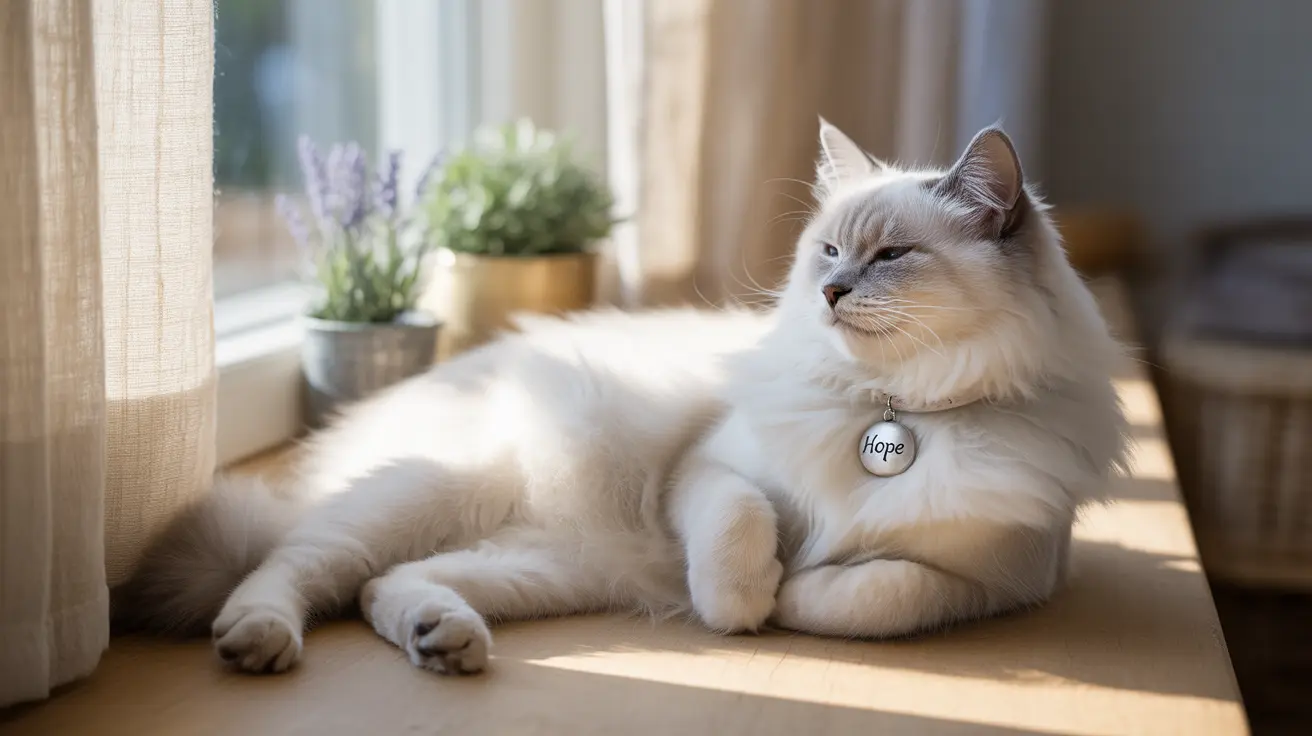Understanding how long cats live is essential for any pet parent planning to welcome a feline friend into their home. While most domestic cats enjoy a lifespan of 13 to 17 years, numerous factors can influence their longevity, from genetics to lifestyle choices.
Let's explore the fascinating world of feline life expectancy and discover what you can do to help your cat live a longer, healthier life.
Average Cat Lifespan: What to Expect
The typical domestic cat lives between 13 and 17 years, though this can vary significantly based on several key factors. Indoor cats generally enjoy longer lifespans, often reaching their mid-teens or beyond, while outdoor cats face more risks that can reduce their life expectancy.
Interestingly, female cats tend to outlive their male counterparts by approximately 1.33 years. Additionally, mixed-breed cats often have longer lifespans than purebred varieties, likely due to their diverse genetic makeup.
What Percentage of Cats Live to 20 Years?
While reaching the age of 20 is relatively rare for cats, it's not impossible. Approximately 1-5% of cats live to see their 20th birthday, with this percentage being higher among indoor cats receiving optimal care. The current record holder for longest-living cat was Creme Puff, who lived to an impressive 38 years.
Cats who reach this advanced age typically benefit from a combination of good genetics, excellent healthcare, and optimal living conditions.
Factors That Influence Cat Longevity
Indoor vs. Outdoor Living
Indoor cats typically live significantly longer than outdoor cats, mainly because they're protected from common threats such as:
- Traffic accidents
- Predators
- Exposure to diseases
- Parasitic infections
- Extreme weather conditions
Health Care and Nutrition
Regular veterinary care and proper nutrition play crucial roles in extending a cat's lifespan. Essential factors include:
- Annual health check-ups
- Vaccinations
- Dental care
- High-quality, age-appropriate diet
- Weight management
Breed and Genetic Factors
Some cat breeds naturally live longer than others. Breeds known for longevity include:
- Birman (median lifespan over 16 years)
- Burmese
- Siamese
- Russian Blue
Tips for Maximizing Your Cat's Lifespan
To help your cat live a longer, healthier life, consider implementing these proven strategies:
- Spay or neuter your cat
- Keep them at a healthy weight
- Provide regular veterinary care
- Maintain an enriching indoor environment
- Feed high-quality cat food
- Ensure proper dental hygiene
Frequently Asked Questions
How long do domestic cats typically live, and what factors influence their lifespan?
Domestic cats typically live 13-17 years, with factors such as genetics, diet, healthcare, and living environment playing crucial roles in their longevity. Indoor cats and those receiving regular veterinary care tend to live longer.
What percentage of cats live to be 20 years or older, and what contributes to prolonged longevity?
Approximately 1-5% of cats live to 20 years or older. Contributing factors include genetics, indoor living, excellent veterinary care, proper nutrition, and maintaining a healthy weight.
How does living indoors compared to outdoors affect the lifespan of cats?
Indoor cats typically live significantly longer than outdoor cats because they're protected from accidents, predators, diseases, and harsh weather conditions. Indoor cats can live up to twice as long as outdoor cats.
Why do spayed or neutered cats generally live longer than intact ones?
Spayed/neutered cats live longer because they have reduced risks of certain cancers, are less likely to roam and fight, and typically maintain healthier weights. The procedure also eliminates risks associated with pregnancy and birth complications.
Which breeds of cats are known to live longer than average, and how can I help my cat reach its potential lifespan?
Breeds like Birman, Burmese, and Siamese tend to live longer than average. To help your cat reach its potential lifespan, provide regular veterinary care, maintain a healthy diet, keep them indoors, and ensure they get regular exercise and mental stimulation.






